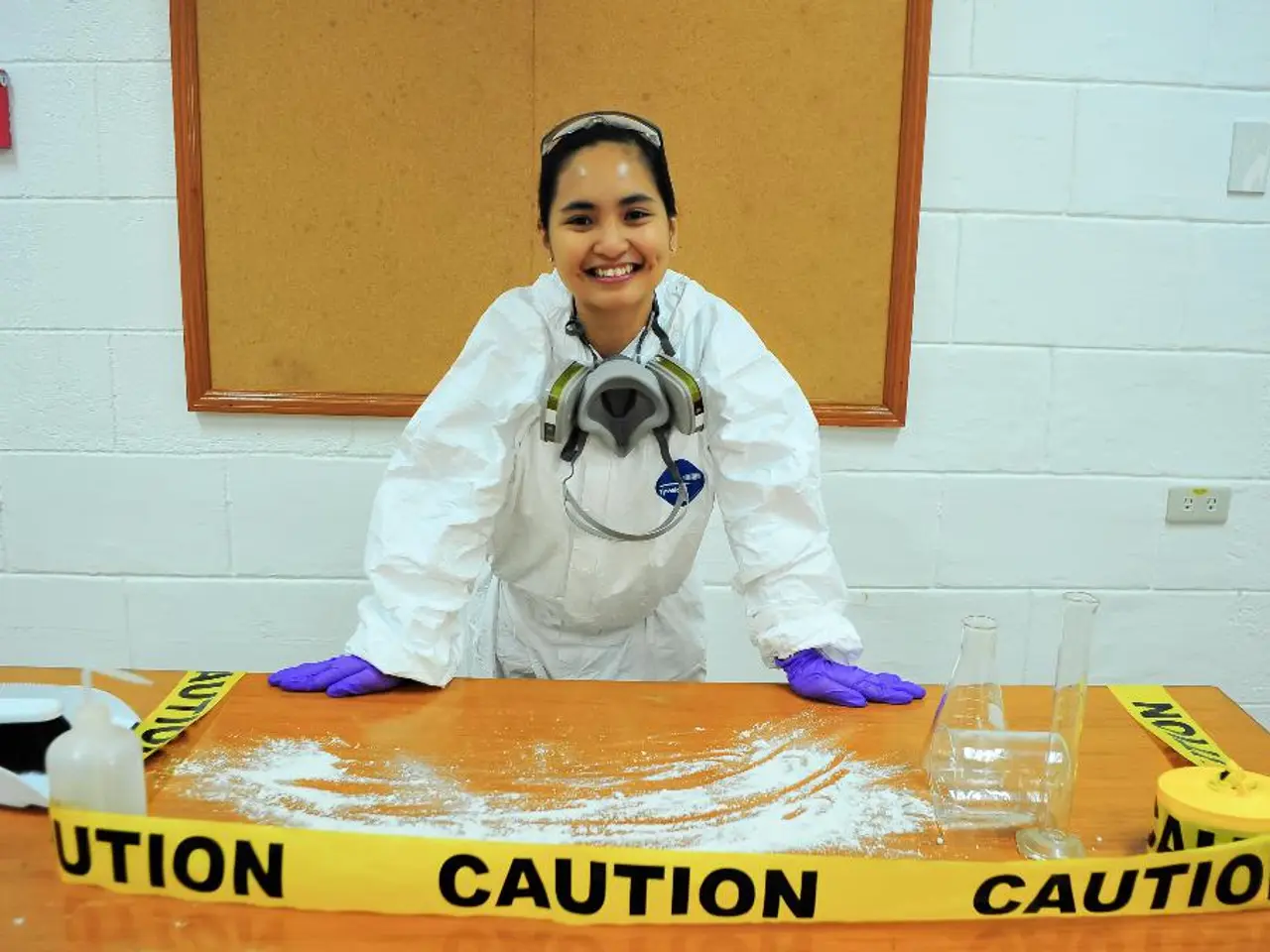Analysis of NT Labs Marine Lab Test Kits: A Comprehensive Purchasing Guide
In the vibrant world of saltwater aquariums, maintaining the correct balance of essential elements is crucial for the health and growth of corals and other marine life. Here's a guide on how to use the NT Labs Marine Lab Test Kits to keep optimal levels of carbonate hardness (KH), magnesium, calcium, and phosphate in your aquarium.
Step 1: Regular Testing
Regular testing is the foundation of maintaining a balanced saltwater aquarium. Use the NT Labs Marine Lab Test Kits weekly to monitor these key parameters. The precision of these test kits ensures accurate results, allowing you to track trends and detect imbalances early.
Step 2: Interpreting Results
Follow the instructions provided by NT Labs to get precise results. Typical target ranges in saltwater aquariums are: - Carbonate hardness (KH): 8-12 dKH - Magnesium: 1250-1350 ppm - Calcium: 400-450 ppm - Phosphate: under 0.03 ppm (ideally <0.02 ppm for reef tanks)
Step 3: Adjusting Levels
- Carbonate Hardness and Calcium: These two are closely related and can be increased via dosing kalkwasser (calcium hydroxide) or commercial calcium buffers. Adjust the dosage based on test results.
- Magnesium: Dose magnesium supplements if test results show a decline; magnesium stabilizes calcium and alkalinity levels.
- Phosphate: Keep phosphate low through proper feeding, using phosphate-absorbing media, and regular water changes.
Step 4: Water Changes and Maintenance
Regular water changes with high-quality salt mix keep trace elements balanced and prevent unwanted nutrient build-up like phosphates. Clean aquarium equipment to prevent Old Tank Syndrome, which results from neglecting maintenance and can degrade water quality.
Step 5: Routine Monitoring and Dosing
Establish a dosing routine guided by NT Labs test data. Avoid overdosing; always dose incrementally and retest to ensure levels remain stable.
A Few Additional Points
- Corals uptake calcium to form calcium carbonate (CaCO3). Hard coral species use large quantities of calcium to form a hard calcium carbonate skeleton.
- In saltwater aquariums, a balance of HCO3- and CO32- exists to make up the carbonate hardness.
- Magnesium is the second most abundant cation in the ocean and is important for the uptake of calcium for invertebrates to utilize in their exoskeleton formation.
- Phosphate is an oxygen-containing compound of phosphorus that finds its way into the aquarium through several means, including fish food, fish waste, sea salts, tap water, and phosphate-based buffers. For optimal coral growth and minimal nuisance algae, aim for 0.03 mg/L PO4-P.
- Calcium is the third most abundant positively charged ion (cation) found in sea water, after magnesium and sodium.
- NT Labs, the UK's leading manufacturer of fish health products, offers Marine Lab Test Kits designed exclusively for marine aquariums. These kits are particularly acclaimed for their precision.
By combining frequent testing with tailored dosing and routine maintenance, you can ensure optimal carbonate hardness, magnesium, calcium, and phosphate levels in your saltwater aquarium. Happy aquascaping!
Maintaining a healthy aquarium isn't restricted to saltwater corals alone; regular testing and adjusting other essential elements like carbonate hardness, magnesium, calcium, and phosphate, also contribute to overall health-and-wellness of marine life. With regular testing, fitness-and-exercise for your aquarium comes through adjusted levels of these elements, ensuring a balanced and nutrient-rich environment for your marine inhabitants.




